Choosing the right commercial roofing solution can feel overwhelming if you’re responsible for protecting a valuable building or business. At M&E Painting and Roofing, we understand the importance of making the right decision because we’ve worked with countless commercial buildings that needed durable, energy-efficient, and long-lasting roofing systems. In this article, we’ll break things down in a clear, practical way to help you move forward with confidence.
What Defines a Reliable Commercial Roofing System Today?
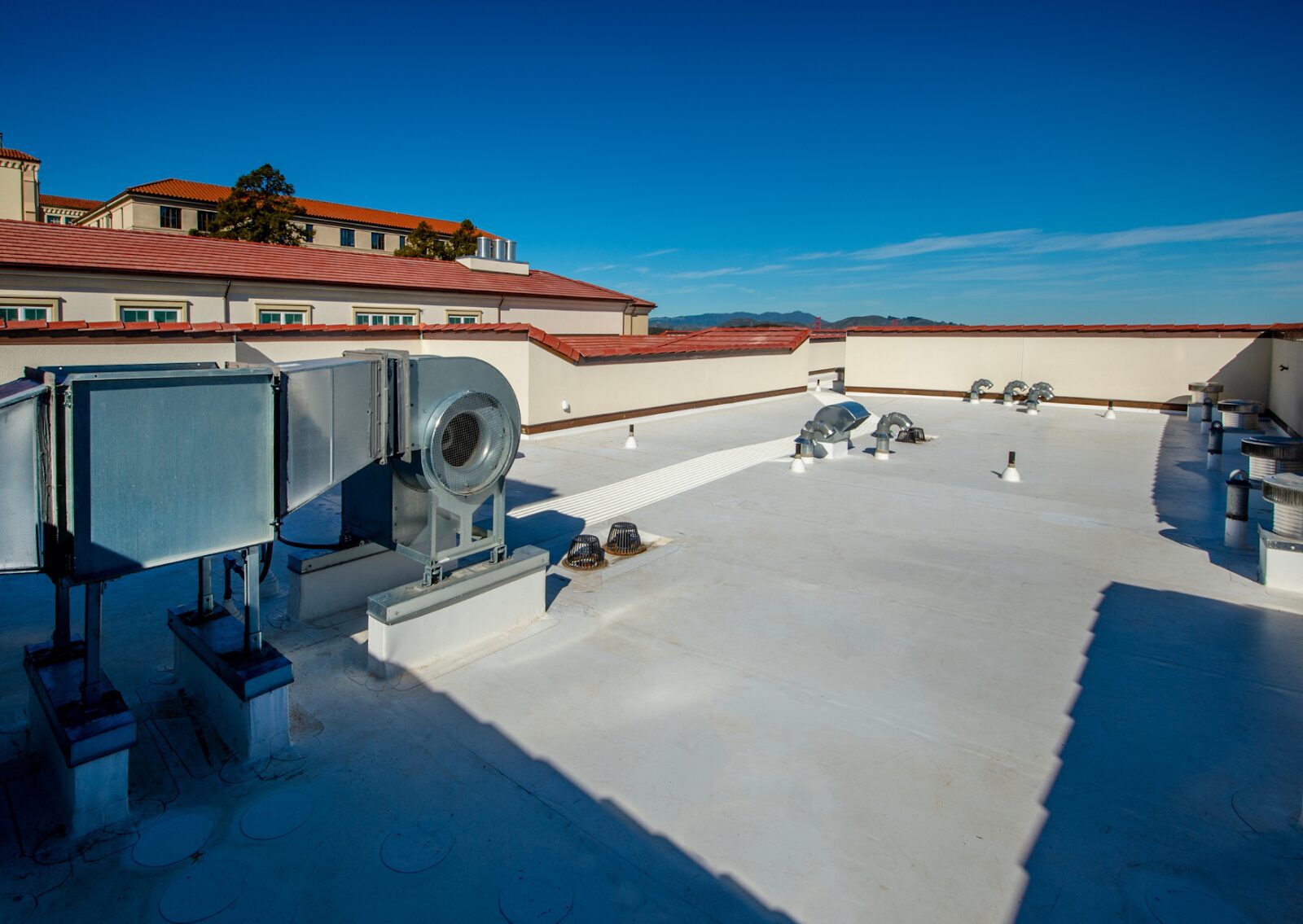
A strong commercial roofing system is built on more than just materials. It’s a combination of roofing products, expert installation, and long-term protection. These systems must withstand high temperatures, changing weather, and potential fire risks, while offering solid insulation and energy efficiency. Quality matters, and that’s where choosing a professional roofing company makes all the difference.
How Do TPO Roofing Membranes Compare to Other Options?
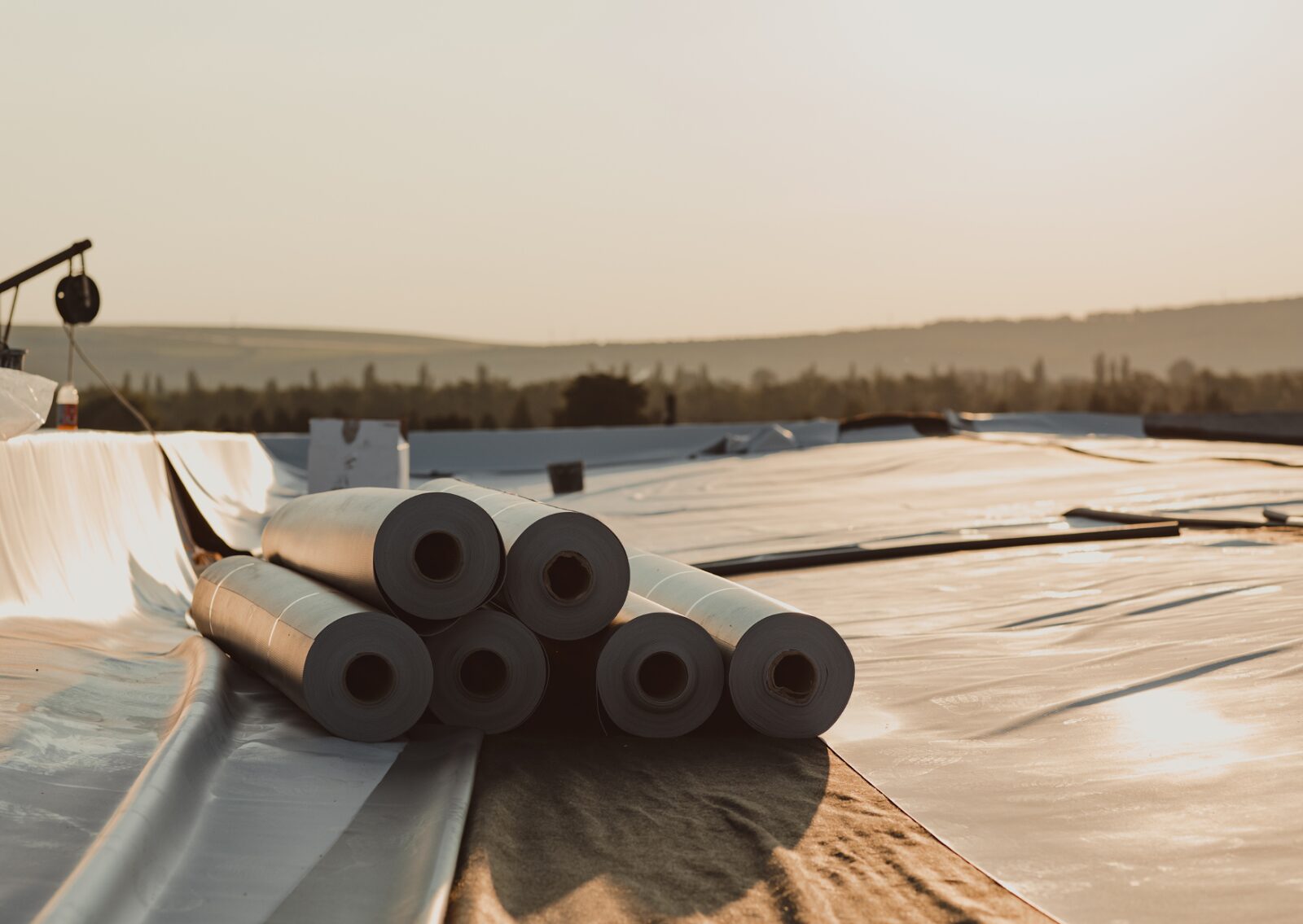
TPO roofing membranes are among the most popular options for flat and low-slope commercial buildings. They’re known for being reliable, cost-effective, and easy to install. Compared to PVC or asphalt systems, TPO offers better heat reflection and fewer seam issues. That means fewer leaks, longer life, and less money spent on repair. M&E Painting and Roofing offers a full line of membrane solutions, including TPO, PVC, and other industry-developed roofing membranes.
What Should You Look for in a Commercial Roofing Company?

Start by evaluating how long a roofing company has been in the industry, what types of services they offer, and how their previous customers feel about their job performance.
A qualified commercial roofing company should:
- Be licensed and insured
- Offer manufacturer-backed warranties
- Have experience in large-scale roofing projects
- Use premium commercial roofing products
Working with experienced commercial roofing contractors gives you the confidence that your building is in good hands.
Which Roofing Membranes Work Best for Your Climate and Building Type?

Every commercial roofing system should match your specific building needs. For example, TPO membranes work well in areas with high temperatures due to their UV resistance. In colder climates, PVC or multi-layer roofing membranes with strong insulation may be a better choice. The type of building, exposure to chemicals or debris, and budget all play a role in determining which material works best.
Why Are Roof Coatings a Smart Investment for Your Business?
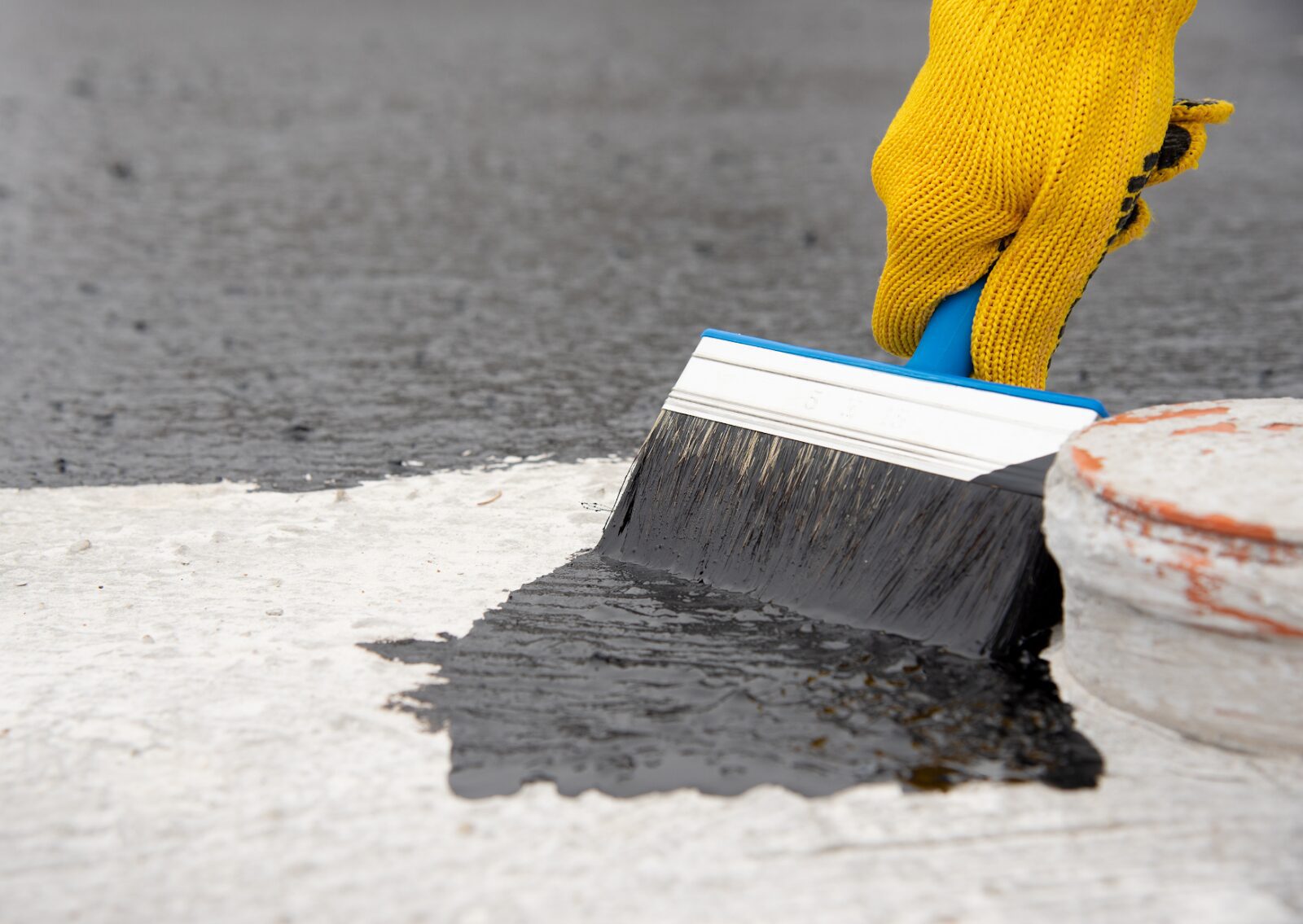
What Types of Roof Coatings Are Available?
You’ll find a range of coatings, including silicone, acrylic, and elastomeric options. These products are designed to extend the life of your existing roof.
How Do Coatings Extend the Life of a Roof?
Roof coatings seal your system against leaks, UV rays, and surface degradation. They improve energy efficiency and can help delay the need for a full roof replacement.
When Should You Apply Roof Coatings?
If your roof is aging but structurally sound, it may be a perfect time. Routine inspection by a professional roofer helps determine the right schedule for reapplication.
How Should You Evaluate Your Existing Roof Before Replacement?

Before deciding on a new installation, have your existing roof thoroughly inspected. Look for:
- Water stains or leaks
- Cracked or missing shingles
- Loose flashing or seams
- Insufficient insulation
A thorough check allows you to plan either a repair or a full system upgrade without surprises.
What Role Do Cover Boards Play in Long-Term Roof Protection?
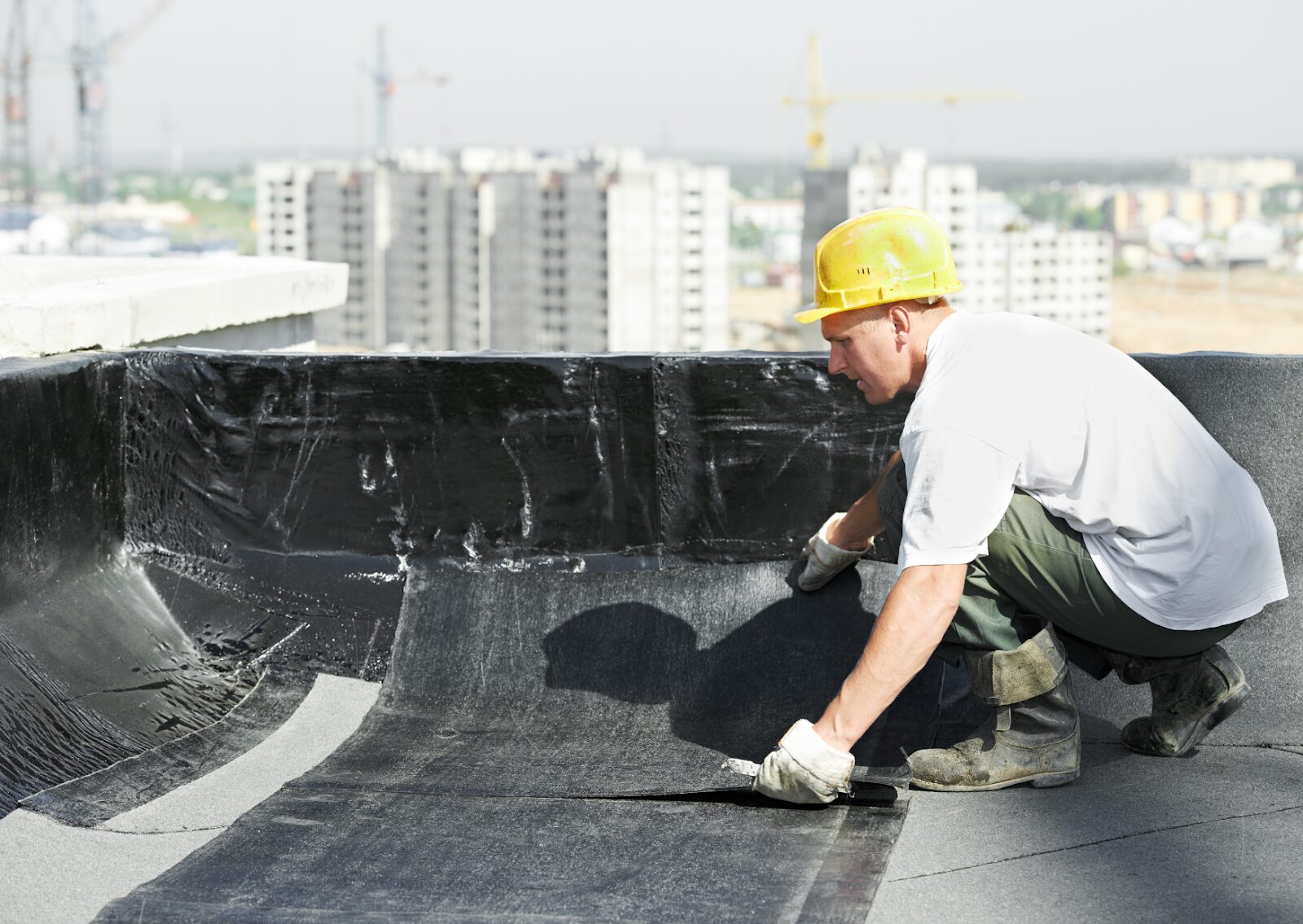
Cover boards are used between the roofing membrane and the insulation layer. They provide:
- Enhanced fire resistance
- Greater durability against foot traffic and tools
- A stable base for adhesives and mechanical fasteners
Incorporating cover boards is a smart move for any long-term roofing system.
What Commercial Roofing Products Offer the Best Performance?

The best-performing commercial roofing products are those backed by a proven manufacturer, offer strong warranty support, and perform well under daily stress. High-quality materials like metal roofing, asphalt systems, and single-ply roofing membranes have been developed to handle diverse conditions across offices, warehouses, and other commercial buildings.
How Do Energy Efficiency and Insulation Impact Your Roofing Costs?
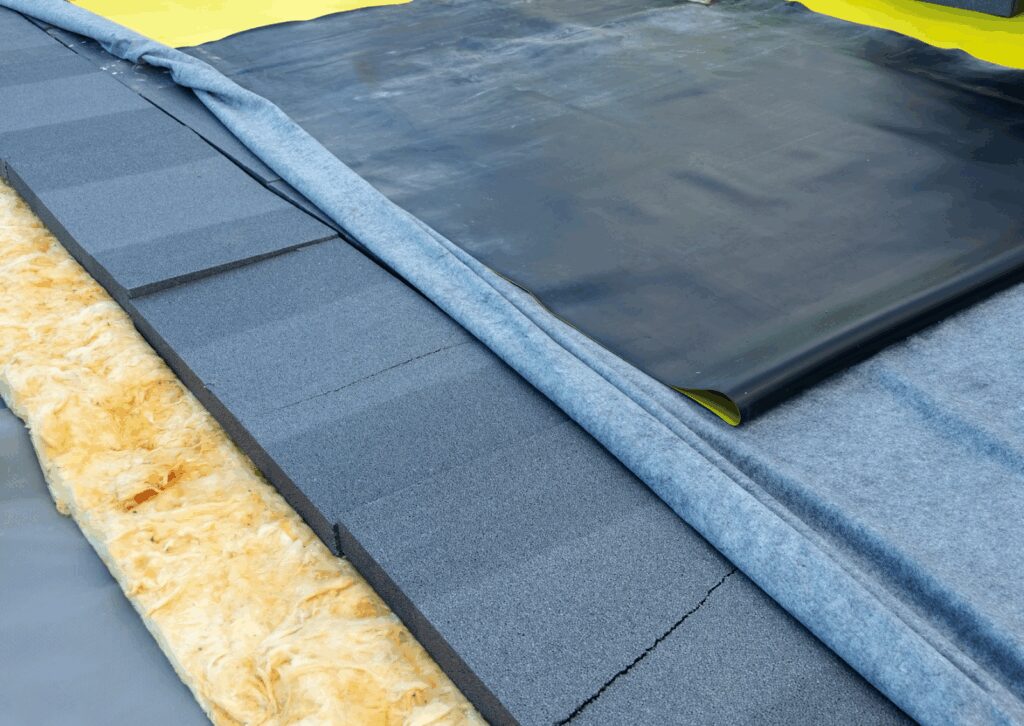
Effective insulation reduces HVAC strain, improves energy savings, and creates more comfortable working environments. Combined with reflective surfaces, energy-efficient roofs lower utility bills and reduce environmental impact. Look for systems with high R-value ratings, and make sure they’re properly installed to avoid gaps or sagging.
What Should Building Owners Expect During the Installation Process?

How Is Access to the Building Managed?
We always coordinate carefully to maintain access for your staff and clients. Clear zones are set to minimize disruption.
What Is the Typical Project Schedule?
Most commercial roofing installations follow a strict schedule, often lasting 1-2 weeks, depending on size, material, and weather.
How Should You Prepare for Construction Disruptions?
Notify offices, relocate sensitive equipment, and plan for noise during business hours. A reliable roofing company will guide you through this.
How Do You Choose Between Metal Roofing and Flat Roofing Options?

Metal roofing offers a long lifespan, excellent fire resistance, and minimal maintenance. On the other hand, flat roofing systems like TPO and PVC are easier to inspect and repair and better suited for buildings with rooftop equipment. Compare installation cost, maintenance needs, and intended use of the roof when making this decision.
What Are the Signs It’s Time to Replace vs. Repair a Commercial Roof?

If you’re dealing with repeated leaks, sagging areas, or roof coatings that have failed, it’s likely time to consider a full replacement. Preventative maintenance is important, but at a certain point, even a well-maintained roof can’t deliver the protection your building needs.
How Can Your Roofing System Help You Meet Fire Safety and Industry Standards?

Materials used must meet industry codes for fire resistance. This includes:
- Class A ratings for materials
- Use of cover boards and flame-retardant membranes
- Manufacturer certifications for fire safety
Your roofing contractors should verify that all materials comply with these regulations.
Why Is Partnering with the Right Team and Company Critical?

Choosing the right roofing company is about more than price. It’s about communication, meeting expectations, and delivering quality on every job. At M&E Painting and Roofing, our experienced team works with building owners across industries to protect their investments and complete each project with excellence.
Ready to Find a Roofing Solution that Protects Your Investment?

If you’re ready to take the next step toward a secure and efficient commercial roof, we invite you to schedule a free assessment with our experienced team. Together, we’ll determine the solution that best fits your building and business goals. Whether it’s a targeted repair, a new installation, or a long-term maintenance plan, M&E Painting and Roofing is here to deliver results that last. Contact us today to get started.
Final Thoughts
When it comes to commercial roofing, there’s no one-size-fits-all approach. We’ve walked through the most critical questions and concepts you need to consider to protect your building, manage long-term costs, and work with a roofing company you trust. At M&E Painting and Roofing, we’re here to help you make informed decisions every step of the way.
Frequently Asked Questions:
1. What makes a commercial roofing system reliable?
A reliable commercial roofing system combines quality materials, expert installation, and long-term protection that can withstand high temperatures, fire risk, and weather exposure.
2. How does TPO roofing compare to PVC and asphalt options?
TPO roofing membranes are cost-effective, reliable, and energy-efficient, making them ideal for flat and low-slope commercial roofs. They generally outperform PVC and asphalt in heat reflection and seam durability.
3. What should I look for in a commercial roofing company?
Look for a licensed and insured roofing company with manufacturer-backed warranties, a strong reputation, and experience in large-scale commercial projects.
4. Which roofing membrane is best for my building and climate?
TPO works well in hot climates due to its UV resistance. In colder or chemically exposed environments, PVC or multi-layer roofing membranes with strong insulation may be more suitable.
5. How do roof coatings extend the life of my roof?
Roof coatings protect against leaks, UV damage, and wear. They can improve energy efficiency and extend your roof’s life without the need for immediate replacement.
6. When is it time to inspect or replace my commercial roof?
If your roof has leaks, cracked shingles, or poor insulation, schedule a professional inspection. Replacing may be necessary when damage is widespread or ongoing.
7. What do cover boards do in a commercial roofing system?
Cover boards provide fire resistance, enhance durability, and create a stable surface for membranes. They're essential for long-term roof protection and performance.
8. What roofing products are best for commercial buildings?
High-performance products include metal roofing, asphalt systems, and single-ply membranes. Choose products backed by warranty and manufacturer reliability.
9. What should I expect during a commercial roof installation?
Expect clear communication about building access, a detailed schedule, and preparation for construction noise or disruption. A good roofing company manages all of this professionally.
10. How do I know if I should repair or replace my roof?
If you're facing frequent leaks, sagging, or coating failure, it's likely time for replacement. Preventative maintenance helps, but aging roofs eventually need full upgrades.
